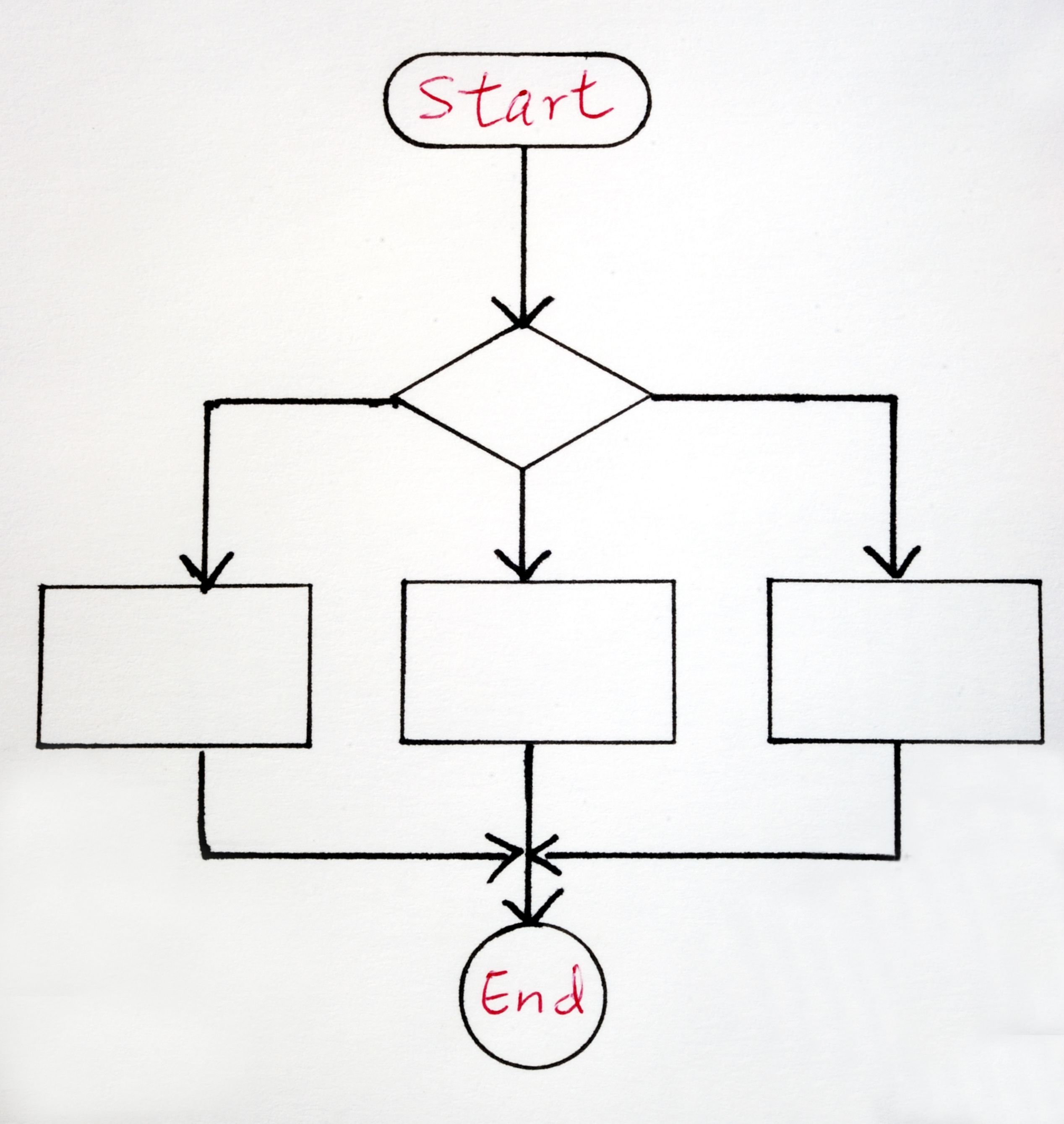How to Overcome a Mental Block

You have an essay/ assignment/ article/ report/ (insert suitable task here) to write/ prep.
You crack open your laptop, pull up the necessary references/ material for your work, give yourself a good stretch and, feeling motivated and inspired, you settle down to get busy….only to find yourself sitting in front of a blank screen two hours later.
Your inspiration? M.I.A.
Your motivation? Nowhere to be found.
Something happened within those two hours…but WHAT???
Allow us to put you out of your misery; what’s happened is that you’ve fallen victim to a mental block (A.K.A brain block, writers block, creative slowdown, etc).




Mental blocks occur when we simply can’t see a way forward in completing a task. This could be anything from coming up with an idea to carry out, to getting caught up reviewing the same issue multiple times- with any success in resolving it.
Another thing to note about mental blocks is that they are more likely to happen when we are particularly concerned with performing well.
In these scenarios, we may overthink getting a task/ project done, and making sure that it's done well- causing us to wind up so nervous about its outcome that we are unable to actually do the work needed to complete it (see also: Anxious Procrastination).
This can be extremely exasperating to deal with, especially with looming deadlines or additional tasks piling up. Thankfully, there are some ways to help overcome or work around mental blocks- here’s a short list of quick and easy steps you can take!
- Work in a Conducive Environment
Your workspace can make a huge impact on your frame of mind when getting down to work. No matter the environment (work, college, home), your workspace should be a place you want to be- so make it happen!
Most people often work best in an uncluttered setting, so (if needed) try rearranging your workspace or desk to reflect a calmer, more organised state of mind. Keep in mind though, not everyone works the same way- for some people, a maze of clutter may be just the thing to get their creative juices flowing! Look at what works best for you.
- Break Down Your Tasks & Workflow
Sometimes, considering your task/project as one major block of work to get done can get a little overwhelming.
Try breaking down your work into smaller tasks and set up a task flow- something like: “After completing Task A within X minutes, I will move on to Task B and work on it for X amount of time.” Prioritise the smaller tasks first (subject to urgency), and have a list of tasks you need to complete- when you go over completed tasks, you will feel much more accomplished, and this will motivate you be the motivation you need to keep going.
- Get Outside Your Head
Sometimes, you may feel stuck on an issue because you’ve been focusing on it for too long. Stepping away from it and giving yourself some space can give you a new perspective on what you’ve been working on. (Stepping away also gives you the chance to stop obsessing over achieving perfection, and lets you just think.) Instead of running around the same mental track, get new ideas and exposure- read and research on the topic and explore different ideas and solutions. Even something as simple as talking over what you’ve gotten stuck on with a friend or colleague can help give inspire new ideas or solutions for resolving your mental block.





- Give Yourself Space For Mistakes
As much as we’d all like to provide perfect work right from the get go, the truth is... achieving perfection is hard! Yes, you can do your best to make sure that task of yours is completed perfectly, or that assignment you’ve been working on is just right. But we are only human, and getting perfect results immediately is rare.
Instead of worrying about achieving perfection on your first try, focus on getting started instead. Don't stress about how well you’ve done it, or whether you’re doing it correctly- just get it done. You may need to rework it- but at the very least, the bulk of it is done.
- Take A Break
If all else fails- take a break. Stop what you’re doing and try something unrelated to help relax and get your mind of things- maybe listening to music or something as simple as vacuuming or laundry (if you’re at home), or grabbing a cup of coffee (if you’re at work).
Give your brain the chance to reset and recuperate- then return to your tasks recharged and ready to work!
There's no harm in having a mental block- it happens to everyone. The most effective strategy? Have a back-up plan and safeguards in place for when these instances occur, and, hey, maybe you can give some of these methods a try!